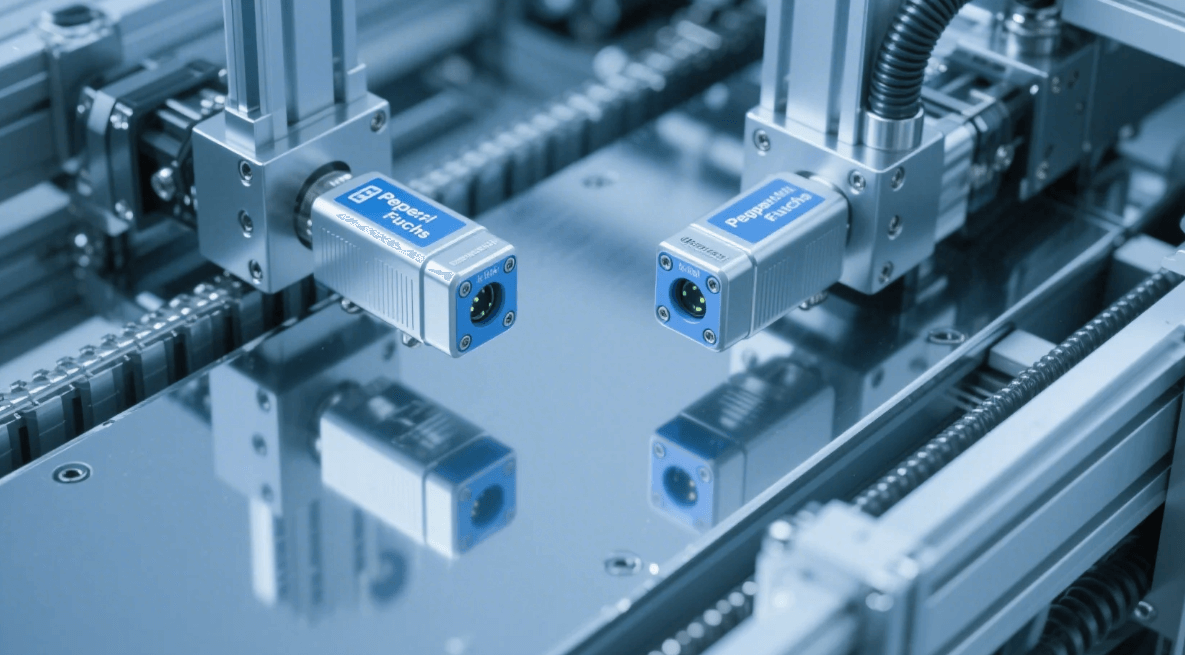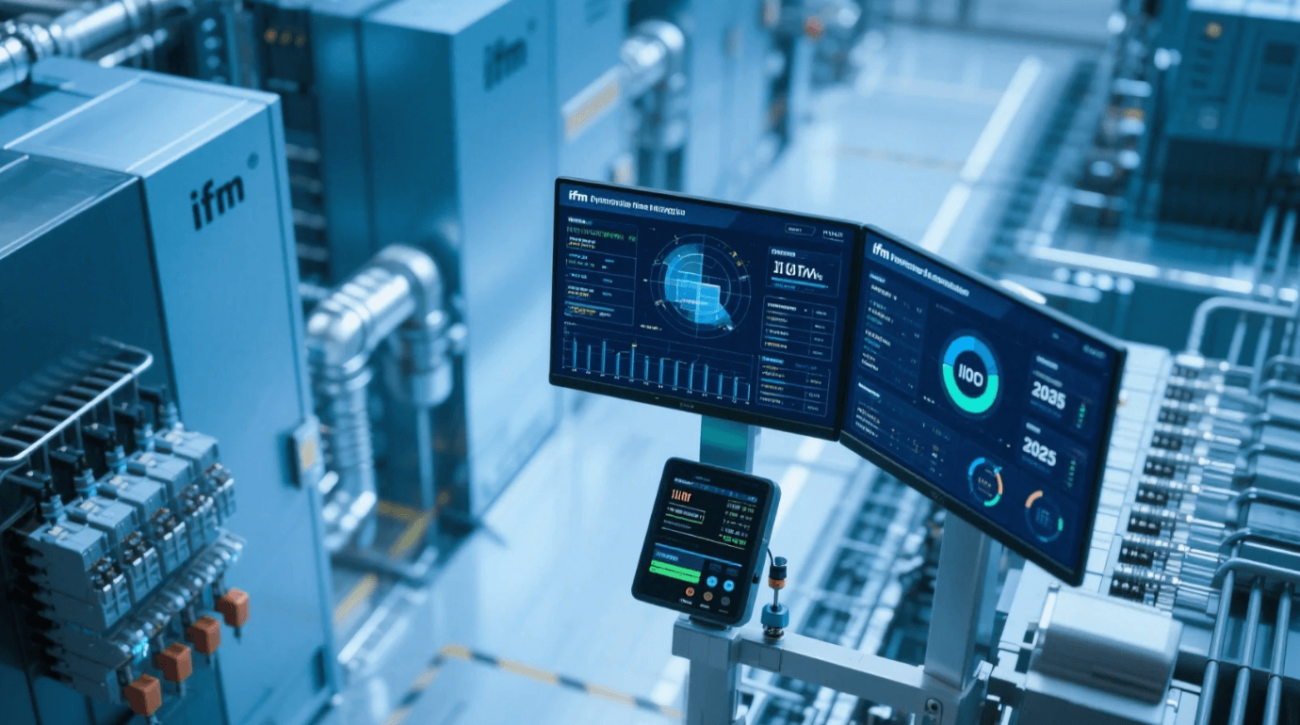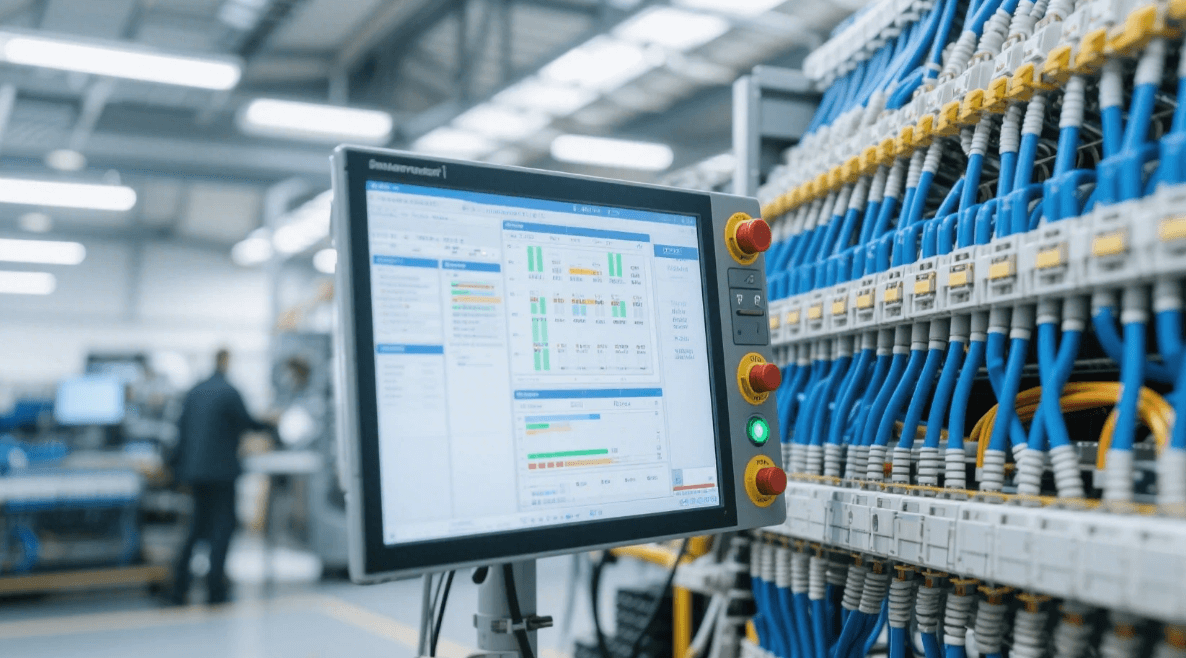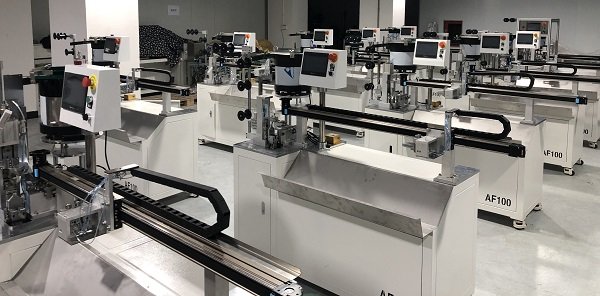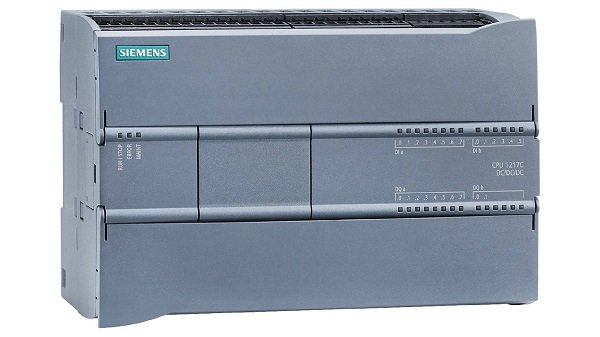- Allen-Bradley
- BANNIERE
- Baumer
- Bosch Rexroth
- Danfoss
- Eaton
- Festo
- Honeywell
- IFM
- Leuze
- Logitech
- Mitsubishi
- MTL
- Nidec
- Omron
- PEPPERL FUCHS
- Module de diagnostic avancé
- Câble de connexion
- Encodeur
- Barrière de bus de terrain
- Multiplexeur HART
- Capteur d'inclinaison
- Capteur inductif
- Unité d'évaluation RFID
- Commission de résiliation
- Capteur à ultrasons
- Actionneurs de vanne
- Barrière de sécurité et isolateur
- Barrière de protection contre les surtensions
- Phoenix Contact
- PILZ
- PULS
- Rexroth
- MALADIE
- Siemens
- Schneider
- Turck
- Wago
- Yokogawa
MTL Process Control : L'automatisation intelligente au service de l'industrie électrique

In the rapidly evolving electrical industry, Contrôle des processus has emerged as a cornerstone of innovation, enabling businesses to achieve unprecedented levels of efficiency, safety, and scalability. For brands like MTL, specializing in advanced control solutions, integrating modern Contrôle des processus technologies is not just a trend but a necessity to stay competitive. This article explores the transformative role of Contrôle des processus in electrical systems, emphasizing its advantages, future prospects, and real-world applications.
1. Modern Advantages of Process Control in Electrical Systems
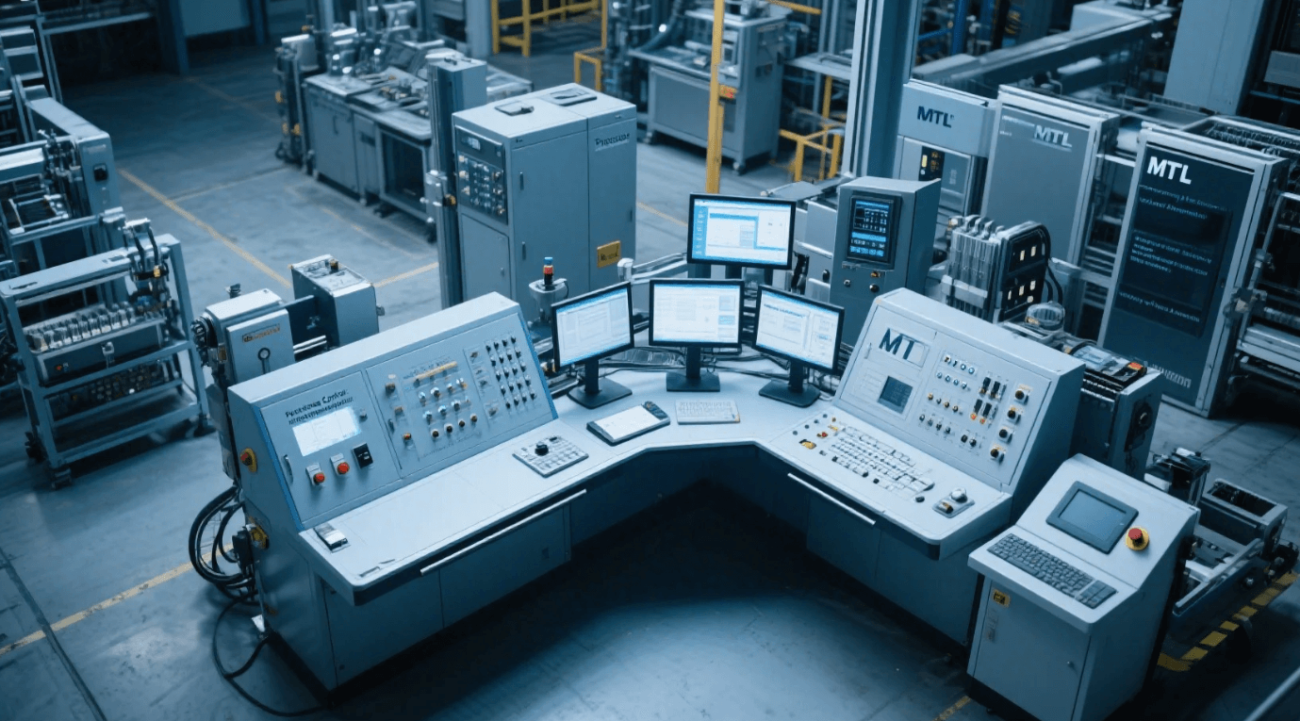
1.1 Enhanced Automation and Operational Efficiency
Contrôle des processus systems, such as PLCs (Programmable Logic Controllers), have revolutionized automation by replacing manual operations with precise, programmable workflows. In electrical applications, PLCs execute tasks like voltage regulation, load balancing, and fault detection with minimal human intervention. For instance, smart motor systems equipped with Contrôle des processus can optimize energy consumption by up to 50%, as seen in WEG’s IE6+ motors for water management.
The integration of Contrôle des processus also reduces downtime through predictive maintenance. By analyzing real-time data from sensors and actuators, these systems identify potential failures before they disrupt operations.
1.2 Robust Safety and Fault Management
Electrical systems demand rigorous safety protocols, and Contrôle des processus excels in this domain. Advanced PLCs monitor parameters like temperature, current, and voltage, triggering automatic shutdowns during anomalies. For example, ProLeiT’s process control solutions ensure seamless operations in high-risk environments like lithium battery production by embedding fail-safe mechanisms and encrypted data protocols.
1.3 Scalability and System Integration
Moderne Contrôle des processus frameworks are modular, allowing seamless integration with IoT, cloud computing, and AI-driven analytics. This flexibility is critical for industries adopting Industry 4.0 standards. Systems like Siemens’ PROFIBUS enable distributed control networks, where multiple PLCs collaborate to manage complex electrical grids.
2. Future Trends Shaping Process Control

2.1 Digital Twins and Edge Computing
The adoption of digital twin technology enables virtual replicas of physical systems, facilitating real-time simulations and optimizations. Coupled with edge computing, Contrôle des processus systems can process data locally, reducing latency and enhancing decision-making in time-sensitive applications like smart grids.
2.2 AI-Driven Predictive Analytics
Artificial intelligence is transforming Contrôle des processus from reactive to proactive. Machine learning algorithms analyze historical data to forecast equipment lifespan, energy demand, and maintenance needs. For example, ROHM’s SiC SBDs leverage AI to optimize power conversion in electric vehicles, achieving 50% lower energy loss.
2.3 Sustainability and Energy Efficiency
As industries prioritize ESG (Environmental, Social, Governance) goals, Contrôle des processus plays a pivotal role in reducing carbon footprints. Innovations like solar-powered inverters and energy-efficient motor drives (e.g., WEG’s W80 AXgen) exemplify how Contrôle des processus aligns with global sustainability initiatives.
3. MTL’s Leadership in Process Control for Electrical Applications
3.1 Tailored Solutions for Smart Manufacturing
MTL’s Contrôle des processus systems are designed to address the unique challenges of the electrical sector. By combining PLCs with cloud-based monitoring tools, MTL enables centralized management of distributed energy resources (DERs), ensuring grid stability and renewable energy integration.
3.2 Case Study: Optimizing Industrial Automation
A recent collaboration with a European automotive manufacturer showcased MTL’s expertise. By deploying Contrôle des processus-enabled robotic arms and IoT sensors, the client reduced production errors by 30% and energy costs by 22%.
3.3 Commitment to Innovation
MTL invests in next-gen technologies like SiC-based power devices and 5G-enabled control networks. These advancements ensure compatibility with future industrial demands, such as ultra-fast data processing and hyper-connected supply chains.
Conclusion: The Path Forward with MTL Process Control
The electrical industry’s future hinges on intelligent Contrôle des processus systems that balance efficiency, safety, and sustainability. MTL’s innovative solutions position it as a leader in this transformative era. By embracing trends like AI, edge computing, and digital twins, businesses can unlock new opportunities for growth and resilience.
For further insights, explore our detailed guides on integrating Contrôle des processus into your operations or contact MTL’s expert team for a customized consultation.
Model : MC3140-275-1+1


